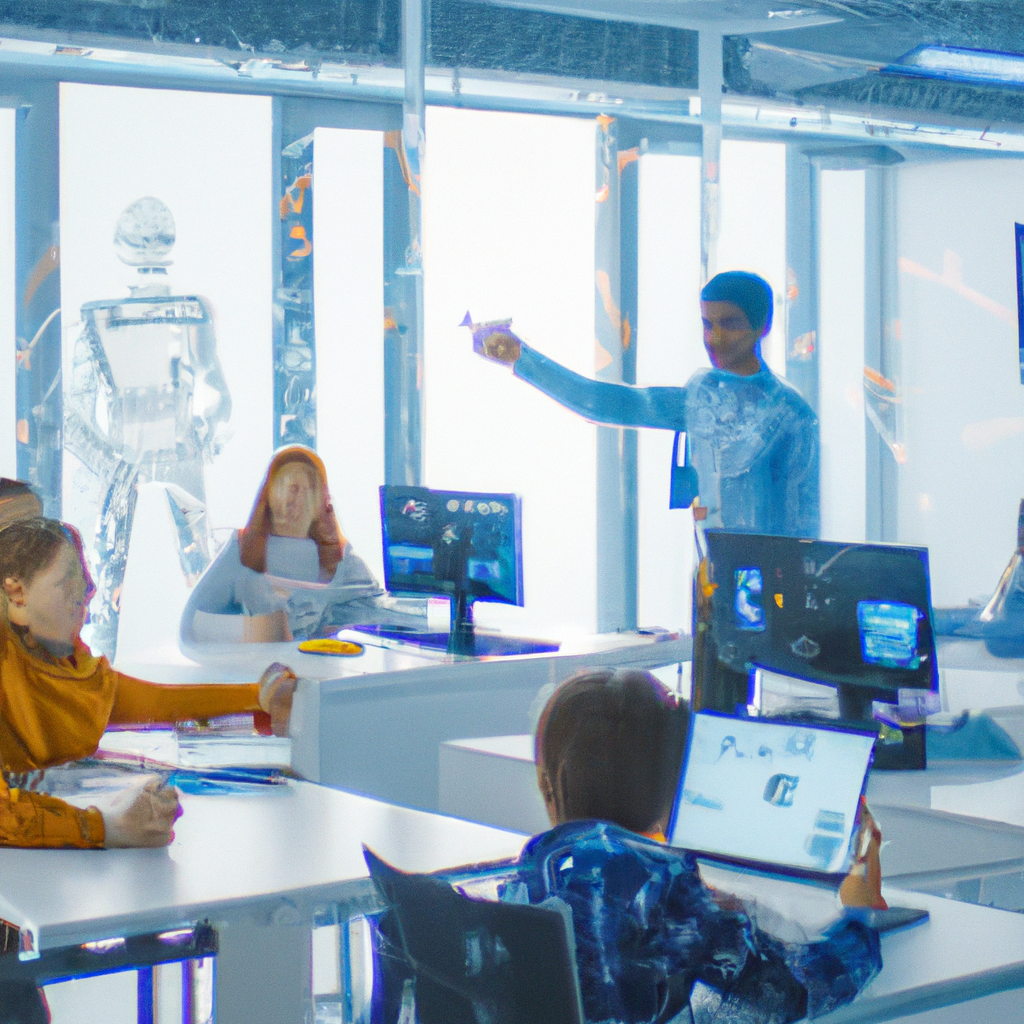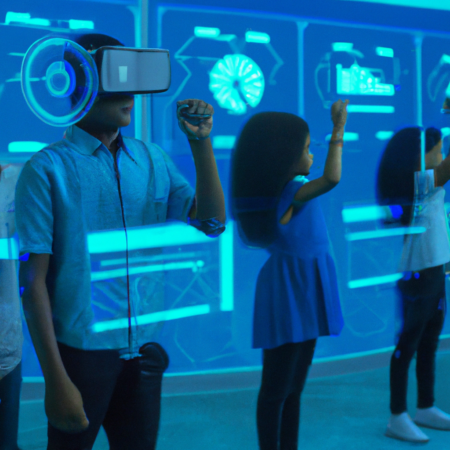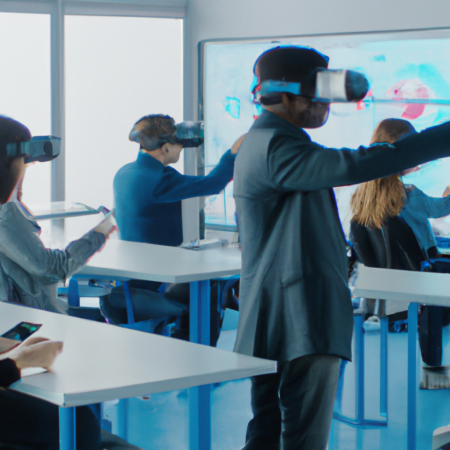Revolutionizing Learning: The Rise of AI in Education by 2025
In the ever-evolving landscape of education, artificial intelligence (AI) has emerged as a pivotal force, profoundly transforming how knowledge is delivered, absorbed, and evaluated. As we step into the second quarter of 2025, the integration of AI in educational systems worldwide has not only enhanced personalized learning experiences but also streamlined administrative tasks, making education more accessible and efficient.
The Impact of AI on Personalized Learning
One of the most significant contributions of AI in education is the customization of learning experiences. Through data-driven insights and adaptive learning technologies, AI systems can tailor educational content to match the unique needs of each student, considering their learning pace, style, and preferences. This level of personalization ensures maximized engagement and improved learning outcomes.
AI-Driven Curriculum Development
AI’s ability to analyze vast amounts of data has revolutionized curriculum development. Educators are now equipped with tools that can predict learning outcomes and suggest modifications to the curriculum in real-time. This dynamic approach to curriculum design helps in keeping the educational content relevant and highly effective.
Enhancing Accessibility with AI
AI technology has made education more accessible than ever before. Tools such as voice-to-text transcriptions, real-time translation services, and accessible learning interfaces allow learners with disabilities to have a more inclusive educational experience. Furthermore, AI-driven platforms are breaking geographical barriers, enabling students from remote areas to access quality education resources.
AI in Educational Administration
Beyond teaching and learning, AI has also streamlined administrative tasks within educational institutions. From automating admission processes to predictive analytics for student performance, AI systems reduce the administrative burden and allow educators to focus more on teaching and less on paperwork.
Conclusion
As AI continues to evolve, its integration into the educational sector promises to bring about more profound changes. By enhancing personalized learning, improving accessibility, and easing administrative procedures, AI is not just reshaping how education is delivered but also ensuring it is more inclusive and effective. The future of education is here, and it is deeply intertwined with the advancements in artificial intelligence.






